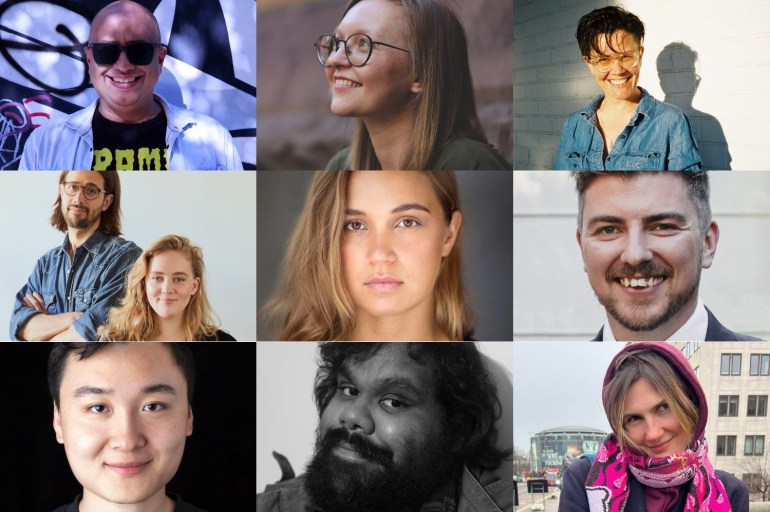IF is closing its call out for Rising Talent list for 2024, our annual celebration of the industry’s up-and-coming talent, both above and below-the-line, TODAY! Don’t forget to send your recommendations for the list to risingstars@if.com.au before close of business.
Thanks for looking back with us over the last week at some of those we featured on our list for 2023. This is the final instalment in our interview series. Catch up on part one, part two, part three and part four.
Our Rising Talent list 2023 was brought to you by major sponsor, AFTRS.
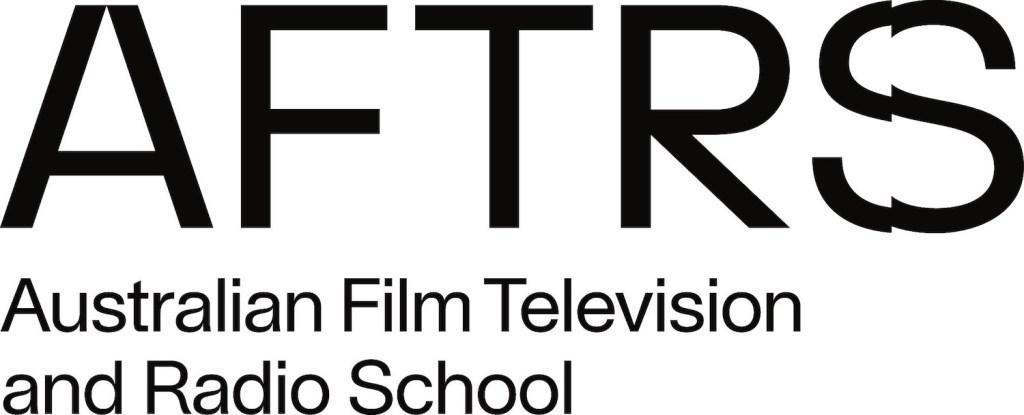
Actors
Tuuli Narkle
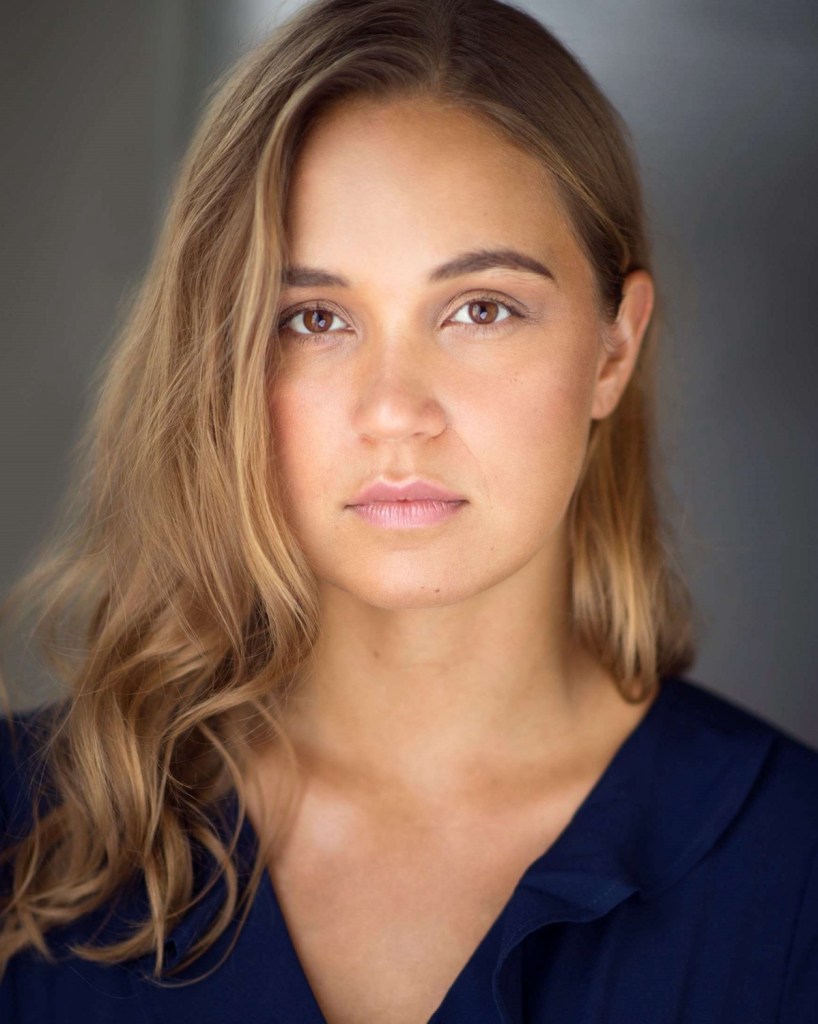
What have you been working on the last 12 months?
I recently wrapped a series lead role in the new iteration of the NCIS franchise, NCIS: Sydney. And I’m currently filming a project shooting in the Northern Territory and Adelaide. So I’ve been very lucky to have been quite busy this year.
Why did you initially decide you wanted to be an actor?
Storytelling has always been intrinsic to my nature and I think that is due, in large part, to my upbringing as a Noongar woman. Storytelling is such a huge part of Indigenous culture, and it gave me an avenue to express the multiplicity of my experiences that I couldn’t get enough of.
What’s the advice you wish you’d gotten when you were starting out?
There is no one path. What works for you, and your journey in this industry cannot and will not look like anyone else’s. So trust and back yourself.
What’s the biggest issue facing actors who are trying to cut their teeth in the Australian screen industry?
Perhaps the pace at which the industry is changing? It’s hard enough to get a solid foot in the door but even harder to keep that momentum going.
Your best gig so far and why?
Oh I hate choosing, but I have to admit, Mystery Road: Origin has a very special place in my heart. It was my first major project in film and TV so it was a scary process. But it such a magical experience filming out in community in Kalgoorlie and the people that I worked with on that gig, including production have remained a huge part of my life and career.
Any people who have championed your career you want to give a shout out to?
I’ve been lucky enough to have had a few people who have championed me over the years, and they have absolutely played a part in getting me to where I am today. I can’t do an individual shoutout but they know who they are.
Last film/TV show that inspired you?
Deadloch for sure. I have no notes. Every element was completely on point. Also I think Madeleine Sami is brilliant.
Who would you love to work with in the future?
Deborah Mailman hands down. If I could do even one scene with that woman I could retire happy.
Costume Designers
Olivia Simpson
What have you been working on the last 12 months?
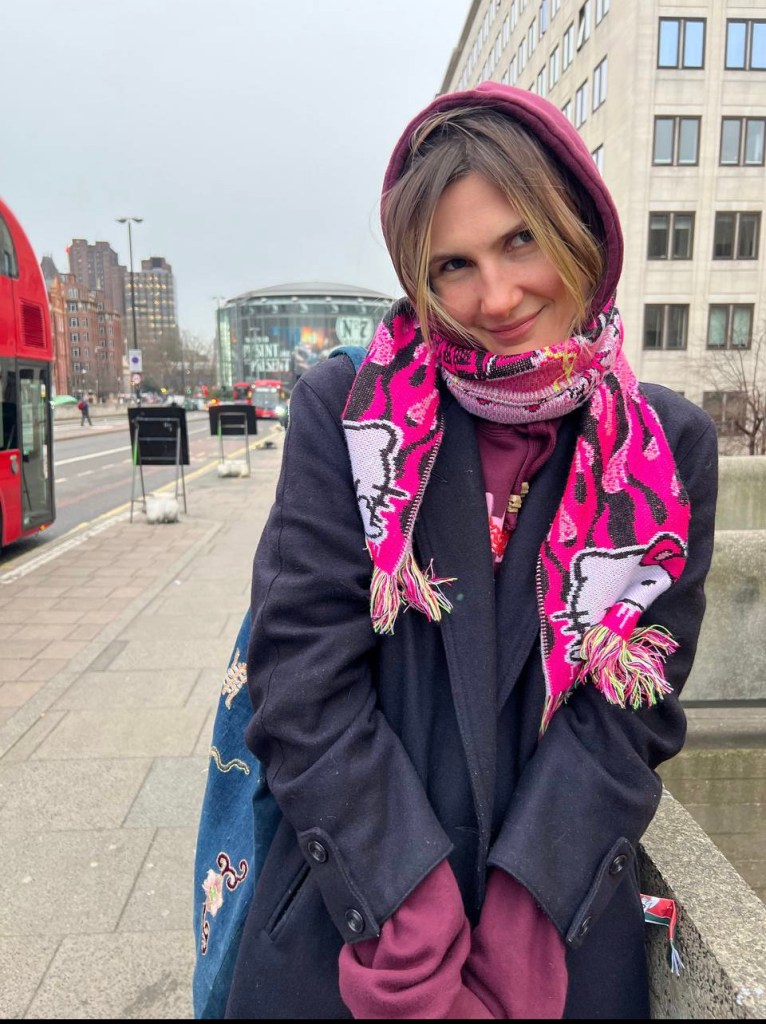
I had a baby at the end of 2022, so I’ve been mostly working on keeping her alive and have managed to work heaps in the TVC world. More recently, I designed an indie feature called Moonrise Over Knights Hill written and directed by James Robert Woods, it was a dream job with a fab cast and crew. I’ve also been in development with my friend Steph Day for her feature The Ceremony which will kick off later in 2024.
Why did you initially decide you wanted to be a costume designer?
I wanted to be a fashion designer since before I can remember and moved to London when I was 18 to do an internship with a designer over there for 6 months. I was so disheartened by the fickleness of the fashion industry, I was working alongside the embroidery designer for this company and we were getting weekly updates on a frock that was being made for some celebrity. Production photos were taken in this workroom in India with 20 men and women huddled around all working on the floor and I just felt a bit sick about the whole thing. I returned home and was lucky enough to score an internship on a film with designer Lizzy Gardiner in 2010 and I think I knew then that film was the business for me!
What’s the advice you wish you’d gotten when you were starting out?
Take a break and don’t burn yourself out. There’s a lot of pressure when you’re starting out, you want to take every opportunity and gain momentum as quick as you can so you can survive. But it gets hectic. I really burnt myself out early on doing back-to-back jobs trying to gain as much experience and knowledge as possible as well as trying to build a name for myself designing shorts and music videos. No regrets, but I wish I took more time to re centre myself from time to time.
What’s the biggest issue facing costume designers who are trying to cut their teeth in the Australian screen industry?
I think going into it you really need to know where you want to end up, whether it’s designing films, TV, commercials – whatever it is – that end goal kind of becomes your compass. When opportunities come up it’s so important to know which ones to take and which ones to say no to. Also sometimes costume design can be overlooked when budgets are tight; I think because people get dressed everyday they think it’s easier than it is! Sometimes resources in costume are a bit of an afterthought. I have a studio with a collection that I’ve been building since I was 20 and I honestly don’t know if i would have been able to do the projects I’ve done if it wasn’t for my stock. It can be really tough for emerging designers. It’s a toughie.
Your best gig so far and why?
Hmm, so hard to answer, but probably season 3 of FX’S Atlanta that I worked on when I was living in the UK in 202, because it’s one of my favourite shows EVER and I got to travel to Paris and Amsterdam. Super fun.
Any people who have championed your career you want to give a shout out to?
So many! Roma Darietta who I first worked with in 2010 when she was buying on a film that I was an assistant on. She’s such a clever designer and has taught me so much and has such a huge mental catalogue of fashion designers. Writer and director Stephanie Day who I collab with a lot. She really respects the art and lets me go buck wild with my ideas; it is nice to work with someone who really trusts you.
And last but not least Nina Edwards who took me on as a buyer when I was so green and taught me so much, she has such interesting taste and is so passionate about Farshan and period clothes and she’s generally just a scream to be around and really looks after her teams which I really admire!
Last film/TV show that inspired you?
‘The African Desperate’ by Martine Syms, really made me laugh and it looked fab. I also just re-watched Daisy von Scherler Mayers 1995 film Party Girl, it’s so fucking funny and Micheal Clancy’s costumes are to die for. Also Saela Davis’ and Anna Rose Holmer’s God’s Creatures, so beautiful and super freaky.
Who would you love to work with in the future?
Oooooh so many people! Aussies I’d love to work with are Goran Stolevski and Kitty Green, I would love to work with James Vaughn again cos he’s a clever guy and Internationally I’d love to work with Andrea Arnold, Joanna Hogg and Yorgos Lanthimos.
Composers
Evelyn Ida Morris
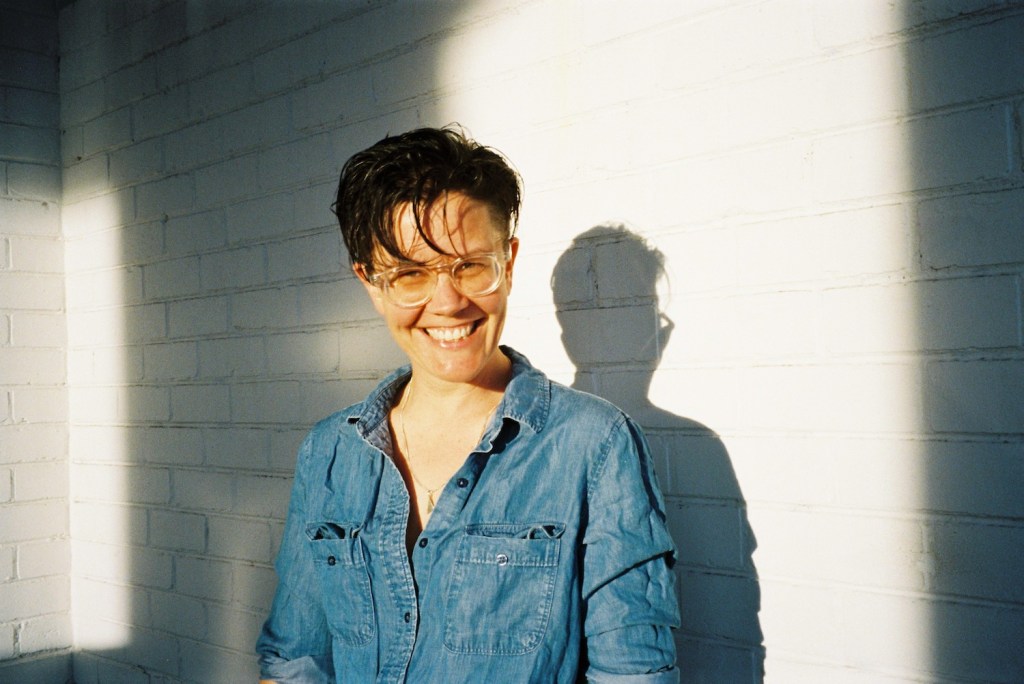
What have you been working on the last 12 months?
I am lucky enough to enjoy a very varied career of music in relationship to many different art forms. I’m curious about how music works with film, art, dance, and theatre – the practice of all these different forms really inform and expand one another beautifully. Most recently I have been working on a soundtrack for an ABC TV series called White Fever, a comedy written by and starring Ra Chapman, and directed by Aidee Walker. Earlier this year I released an album of improvised music on piano, in response to a survey of works by visual artist Elizabeth Newman called Extended Time.
I also made a soundtrack to a live contemporary dance performance called Creche in early October with a dancer named Oliver Savariego. It’s such an honour to collaborate with all these talented people.
What’s the advice you wish you’d gotten when you were starting out?
I have wasted lots of time doubting whether I could actually do music for my life’s work, thanks to an inherited fear of poverty from my parents due to their upbringing. I wish it was easier to hear the kind, supportive words many people have said to me, rather than the fearful survival instincts. I still often struggle against those fears to this day. Having said that, there’s so much great advice I’ve received over the years and they boil down to: just keep doing what you love and bringing your curiosity and life experience to everything you do.
What’s the biggest issue facing composers who are trying to cut their teeth in the Australian screen industry?
There’s still a real lack of diversity in screen composition, and I think that’s not by accident – it’s reflective of the structures of our society and at times an aversion to risk that plagues Australia and the US’s creative arts industries. We need to do more work to foster voices from all walks of life, not just people who are connected and have the money and confidence to pursue an arts education. I am hopeful that things will get better, I feel very proud and privileged to be a trans, neurodivergent composer who struggled with schooling. It’s hard work but my music has led me to some really special places. I’ll always champion new talented voices we haven’t heard from and I hope others do so as well.
Your best gig so far and why?
Best screen composition gig so far: I loved working on Millie Lies Low by Michelle Savill and I’m loving working on White Fever! So far working with directors who just happen to be women has been consistently refreshing and fun. Best live gigs were touring with my favourite band – Broadcast – and also touring with Leonard Cohen as an instrumentalist in the opening act.
Any people who have championed your career you want to give a shout out to?
My partner Erik Jensen is my biggest champion, we met when I did my first feature soundtrack for Acute Misfortune. I work with a producer on my own experimental film/art practice called Zoe Theodore who also keeps me believing in myself consistently. And last but not least my manager Emma Woolley, part of my management team at Stacey Testro International. All three of these people encourage me in unending ways, and help so much with accessibility related to my autism, time management and communication. It really does take a team of people. Oh and my two Chihuahua children of course!
Last film/TV show that inspired you?
Gosh – I consume A LOT of film and TV so it’s hard to choose. Looking back at my Letterboxd account my most recent good reviews were for Fair Play, directed by Chloe Domont, and Telemarketers, a doco which includes a soundtrack by one of my heroes and friends, Robert Aiki Aubrey Lowe. Those both had stellar soundtracks and kept me thinking afterwards.
Directors
Brought to you by Post Lab IO

Hannah Barlow and Kane Senes
What have you been working on the last 12 months?
We’ve been writing our next spec script with the support of Screen Australia while developing a couple other projects with US-based companies.
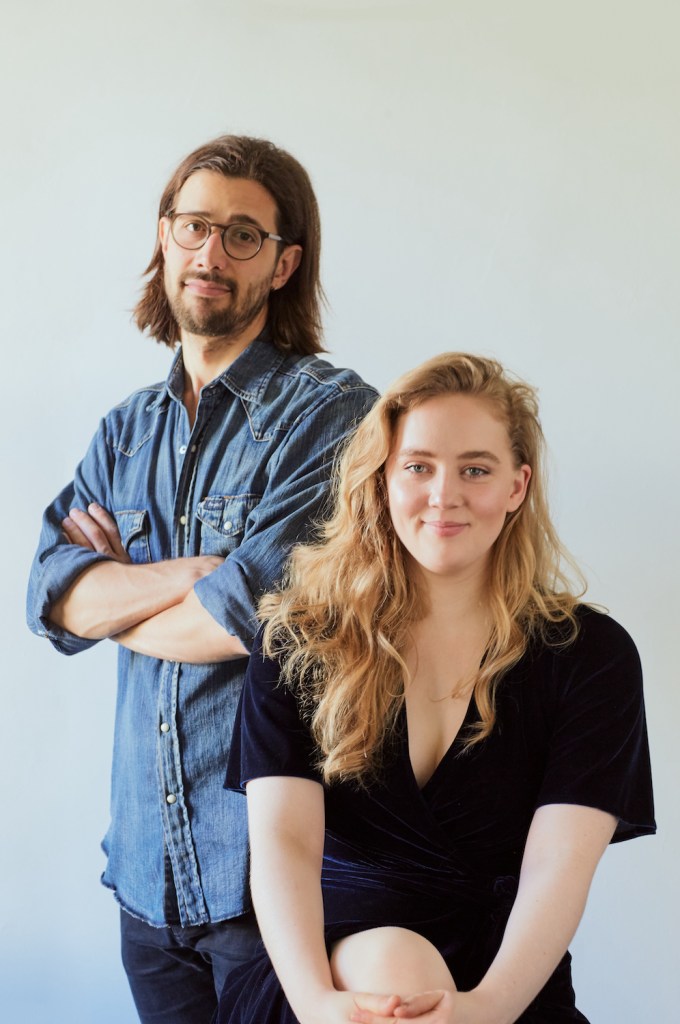
Why did you initially decide you wanted to be a director?
Kane: Because I love movies. I’m a film fanatic, first and foremost. Movies are my way of seeing the world.
Hannah: I fell into directing out of necessity while making For Now (our first collaboration). Before that, I only considered myself an actor. Growing up, it never occurred to me that I could become a director because it didn’t seem possible.
What’s the advice you wish you’d gotten when you were starting out?
Kane: To be patient and kind to yourself and to not compare yourself to anyone else, ever. Stay the course at your own pace. Success in the film industry is not about rushing or flogging yourself or being disappointed that you didn’t meet some expectation you had. The struggle fuels your work, but it shouldn’t rule you. You got into this because it was fun and because you love movies. You can’t forget that.
Hannah: Stop waiting for permission. If you need some though, YouTube Mark Duplass’ SXSW speech “The Cavalry isn’t coming”. His advice literally changed my life.
What’s the biggest issue facing directors who are trying to cut their teeth in the Australian industry?
Our biggest issue is a cultural one. Having lived in Los Angeles for a time, we took for granted that being an artist in that culture is unquestionably normal. After meeting so many foreign filmmakers during our 2022 film festival tour, we were struck by how encouraged and celebrated they are in their respective countries. Even though the pursuit is tough, there’s very little doubt that their craft is noble and worth pursuing. There’s honour in their struggle, because they’re so steeped in the history of their art. Australia is so conservative, commercially driven, and cut off from its own rich origins – we’re living amongst the oldest story tellers in the world and we discard that gift like it’s nothing. It’s not only a shame, it literally impacts the way emerging artists perceive themselves and their work.
Your best gig so far and why?
This answer is corny as hell, but being in the war room with each other every day, whatever the task or project is… is the best gig and we work very hard to maintain it.
Any people who have championed your career you want to give a shout out to?
Our parents. They’ve never wavered in their encouragement of us. What a gift. How on earth do you sustain a career in filmmaking without the support of your family?
Last film/TV show that inspired you?
Satoshi Kon’s Perfect Blue (1997).
Who would you love to work with in the future?
Since our SXSW premiere, we’ve met so many amazing producers doing really interesting work in the high-concept genre space at a really exciting time for transgressive genre cinema.
Anything else you’d like to mention?
Get to the cinema as much as you can and support your fellow Australian filmmakers. We gotta raise our tide together.
Editors
Rishi Shukla
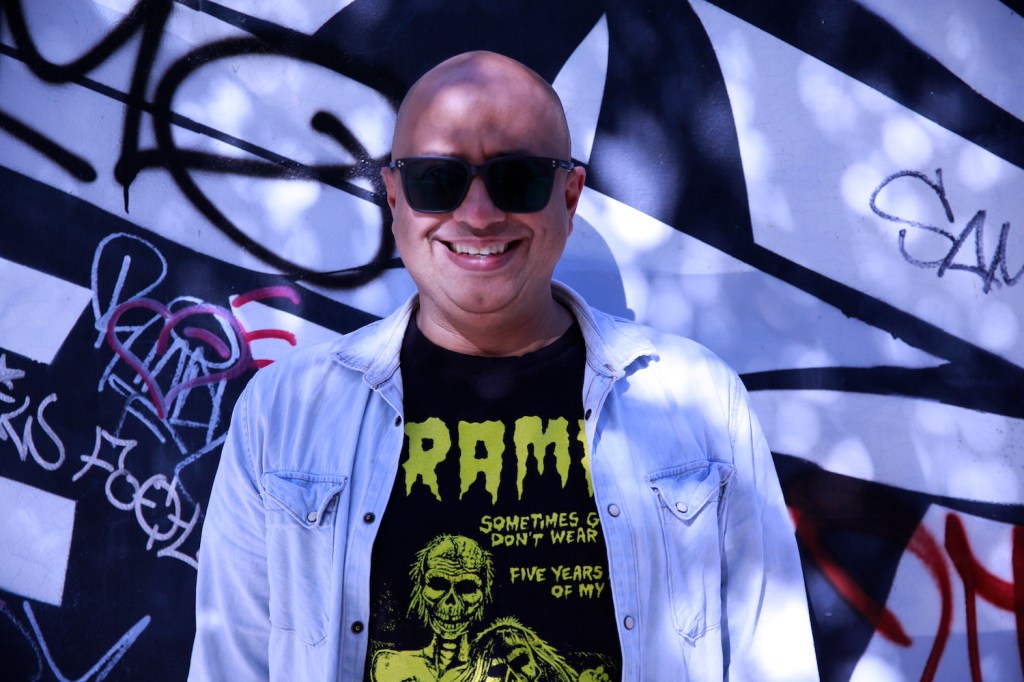
What have you been working on the last 12 months?
Over the past 12 months, I have completed Chum, a short film as part of the 2023 Screen NSW Screenability Filmmaker Fund, which was also screened at the Sydney Film Festival, and the feature film The Way My Way directed By Bill Bennett .
I am currently about to start a feature for 2024, a romantic gangster comedy called Crooked Chef, writer/director Kosta Nikas, producer Mike Wilcox and executive producer William Ward III.
Why did you initially decide you wanted to be an editor?
I have always been in love with films and storytelling from an early age. I discovered editing purely by accident; I was doing an assignment at university, and a fellow student’s uncle had an Umatic editing machine (remember those!). By loosely constructing those images in order to convey a story, I was immediately hooked. That was when I discovered editing and I wanted to do this for a living.
What’s the advice you wish you’d gotten when you were starting out?
Be patient, be kind, make every choice count and most of all, trust your intuition.
What’s the biggest issue facing editors who are trying to cut their teeth in the Australian screen industry?
Maintaining budgets/crew and production constraints. But also something that is very important to me is skilling up for the future; that is for future assistant editors/editors to have the right attitude/skills and experience to give proper support to editorial. I have been through this process myself so I know.
Your best gig so far and why?
It would have to be The Way My Way. Editing a film like The Way My Way, is a very personal story which was both a privilege and a responsibility I take quite seriously. To be able to craft a film/story with an experienced director like Bill Bennett was a joyous and beautiful experience.
Any people who have championed your career you want to give a shout out to?
I would like to give a shout out to Dany Cooper, Martin Connor, Nicholas Holmes and Mark Perry. Their continued support and trust in me over the years has shaped me into the editor I want to be.
Last film/TV show that inspired you?
For film, Triangle Of Sadness. I have also been rewatching a lot of Orson Welles and Luis Bunuel films – go figure. For TV shows: Mr Inbetween and The Bear.
Who would you love to work with in the future?
I would like to work with any filmmaker who places their trust and faith in me in order to get their story across, for me that’s important. It is something I take with care, love and consideration. That’s all I care about.
Isaac Coen Lindsay
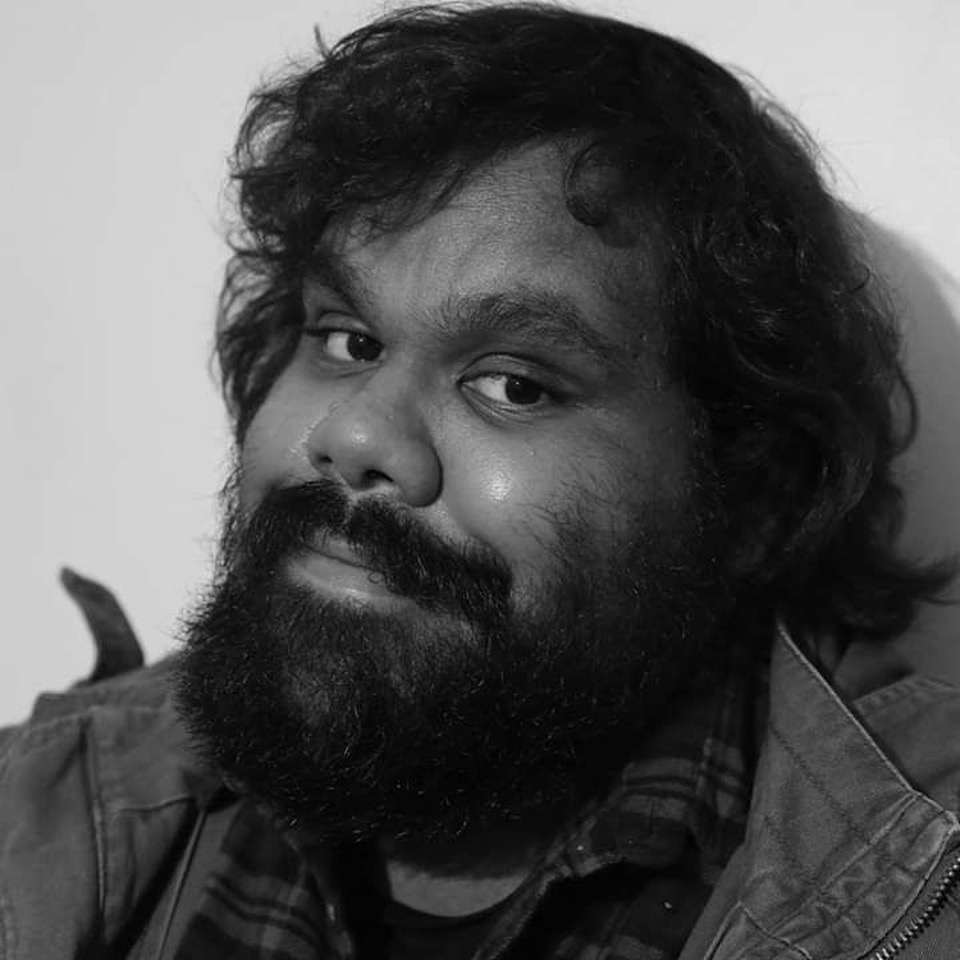
What have you been working on the last 12 months?
I’ve been getting work editing several corporates and community videos. I’m currently working on a web series I co-created alongside Tamara Whyte and Warren Milera called Dark Matter Don’t Matter, which is in development. I’m also editing Hairy Mary’s, a web series also created by Tamara Whyte. Lastly, I’m writing my first feature film Bloodland.
I also got offers to edit other feature projects that are currently in development.
Why did you initially decide you wanted to work as an editor?
Editing is the first thing I ever did and it is what I know the most. I’ve had experience in several departments but editing and post-production is where I feel most comfortable.
What’s the advice you wish you’d gotten when you were starting out?
Specialise in one thing instead of trying to do everything. I’ve been trying to do it all when I should of been more focused.
What’s the biggest issue facing editors who are trying to cut their teeth in the Australian screen industry?
Well I can’t speak for everyone, but people should have more understanding of post-production and what we do. It’s a creative process as much as production, but don’t assume we can just “fix it in post”. More respect for post.
Your best gig so far and why?
The Survival of Kindness. I got to work for my idol growing up, Rolf de Heer. It wasn’t just a great experience, but changed my life forever.
Any people who have championed your career you want to give a shout out to?
My mentors like Lee Ann-Buckskin for looking after me and introducing me to this world. Allan Collins for teaching me about the importance of every aspect of filmmaking and importance of culture. He’s my uncle. Vicki Sugars for pushing me up in my career, and always championing me. David Tranter, who told me to master one thing, which I still take with me to this day. Warwick Thornton for giving me my first experience on set, so I can see the magic. And Rolf de Heer, who inspired me to accept myself as a filmmaker and also gave me one of the greatest experiences I ever had in my life.
There are so many people who helped me get to where I am. Get to who I am. Without them I wouldn’t be here.
Last film/TV show that inspired you?
The Lord of the Rings trilogy were the films that inspired me the most because they were the films that started my interest in filmmaking. I was eight years old and I knew I wanted to do this.
Who would you love to work with in the future?
I would love to work with new upcoming Aboriginal filmmakers. Our stories need to be heard and if I can help with my skills that’s what I would love to do.
Production designers
Wei Guo
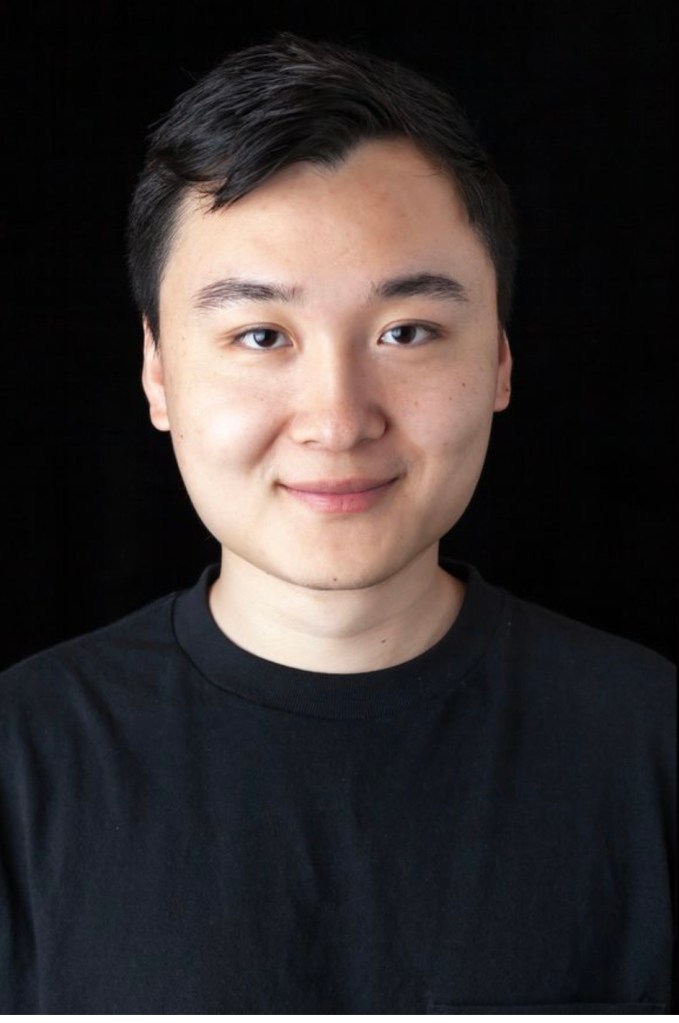
What have you been working on the last 12 months?
I was working on Metropolis as a set designer since end of last year until the job fell through. Fortunately I got an opportunity to design my first indie feature film around the same time Metropolis ended. So I have been working on the feature until this moment and we are shooting in two weeks.
Why did you initially decide you wanted to work in production design?
Growing up I always loved watching film, and it was a dream of mine to be part of the filmmaking process. When I was finishing high school I wanted to be a director, however I got push back from my family and ended up studying interior design. I worked as a professional interior designer for three years after graduating and still felt I couldn’t let go of my urge to work in film. So I researched what could do in the film industry where I could still use my existing interior design skills, and found out about the production design masters at VCA. I applied immediately, got in, quit my job, moved to Melbourne and the rest is history.
What’s the advice you wish you’d gotten when you were starting out?
The advice I wish I’d gotten when I was starting out as a production designer is: please take care of your mental and physical health and don’t burnout. We work long hours in a fast-paced industry and are under constant pressure from budget and time. It is important to know your limits and set boundaries from the get go, and ask for help if you can’t handle all the workload and stress. There is no shame in that.
What’s the biggest issue facing production designers who are trying to cut their teeth in the Australian screen industry?
From an emerging production designer perspective, I feel the biggest issue I am facing is the lack of resources and support available to us when we are on low-budget indie projects. We are at this awkward stage of our career where we have moved on from small-scale student or short films where we can handle everything with a small art department (2 or 3 people with a van), but we haven’t reached the level where we can have a proper art department office with crew, storage and workshop, etc. For example, it is significantly harder to try to do a set build on low budget indie productions when we can’t afford professional set builders and there aren’t many cheap workshops/offices available for hire so we can build the sets ourselves. I hope our industry could provide some accessible resources for emerging production designers when we are doing larger scale indie projects that are more demanding. So at least we don’t have to always work in rough conditions like old warehouses without any facilities and safety measures.
Secondly, another major obstacle we face are producers who don’t seem to understand the scope of work we do and how much money and pre-production time the art department need. This makes it very difficult for emerging designers when we often get contacted way too late for a job and there is not enough prep time to achieve the scope of work the script entails. I feel in order to make this better we need to start a reform in film school education where we can educate producing students and encourage collaboration between producers and designers at an early stage.
Your best gig so far and why?
My best gig so far was ABC short film Yaz Queens, produced by William Duan, directed by Lara Kose, which I co-designed with my dear friend Alfonso Coronel. We were really excited to do this project because it was an immigrant family story we believed in and related to personally, and we thought it important to capture the nuances through production design. We had an amazing diverse crew and everyone was so talented and respectful to each other. Easily one of the most amazing on-set experiences I’ve ever had.
Any people who have championed your career you want to give a shout out to?
I want to give a shout out to my dear friend who is also a talented production designer, Alfonso Coronel (goes by AJ). He is one of the most creative people I’ve ever met, and he’s supported me on most of my projects as my art director. I wouldn’t have achieved the standard I want in my design if not for AJ working tirelessly to problem-solve logistics and budget, which are extremely difficult on low-budget gigs. But he pulled through every time. So thank you from the bottom of my heart.
Who would you love to work with in the future?
I would love to work with Jacinta Leong. I see her as my role model, for being one of the very few Asian representations in leadership roles of the art department. I’ve been a big fan of her work and seeing her thrive makes me hopeful that someday I can be like her.
Jonah Booth-Remmers
What have you been working on the last 12 months?
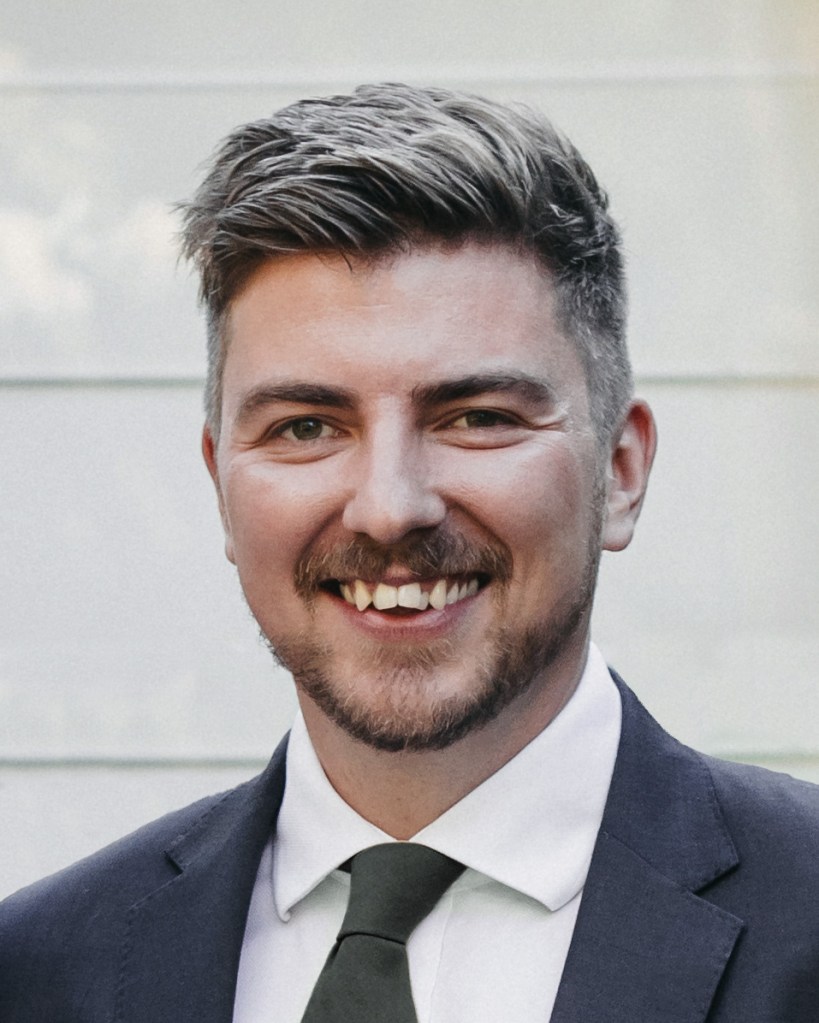
I worked on a short film titled Blame The Rabbit for Elena Carapetis and am currently on the Stan Original series Thou Shalt Not Steal.
Why did you initially decide you wanted to work in production design?
I always wanted to do VFX until I realised a lot of the creative design work is done in pre-production, this led me to art department and consequently my interest in production design.
What’s the advice you wish you’d gotten when you were starting out?
Persistence pays off. Stay on people’s radar and always be nice; you don’t know who will be giving you your next job.
What’s the biggest issue facing production designers who are trying to cut their teeth in the Australian screen industry?
I feel like there’s not really a great avenue to receive good mentoring on the role so there’s a lot of figuring things out as you go.
Your best gig so far and why?
They’ve all been great. Each one is an exciting challenge and learning experience and they’ve all been so varied it’s hard to compare directly.
Any people who have championed your career you want to give a shout out to?
Helen Leake, Gena Ashwell and Sean Lahiff for trusting me with my first feature design role. Bettina Hamilton and David Ockenden for ongoing support and opportunities they’ve put me forward for.
Last film/TV show that inspired you?
Midnight Mass on Netflix.
Who would you love to work with in the future?
Ridley Scott!
Sound
Weronika Raźna
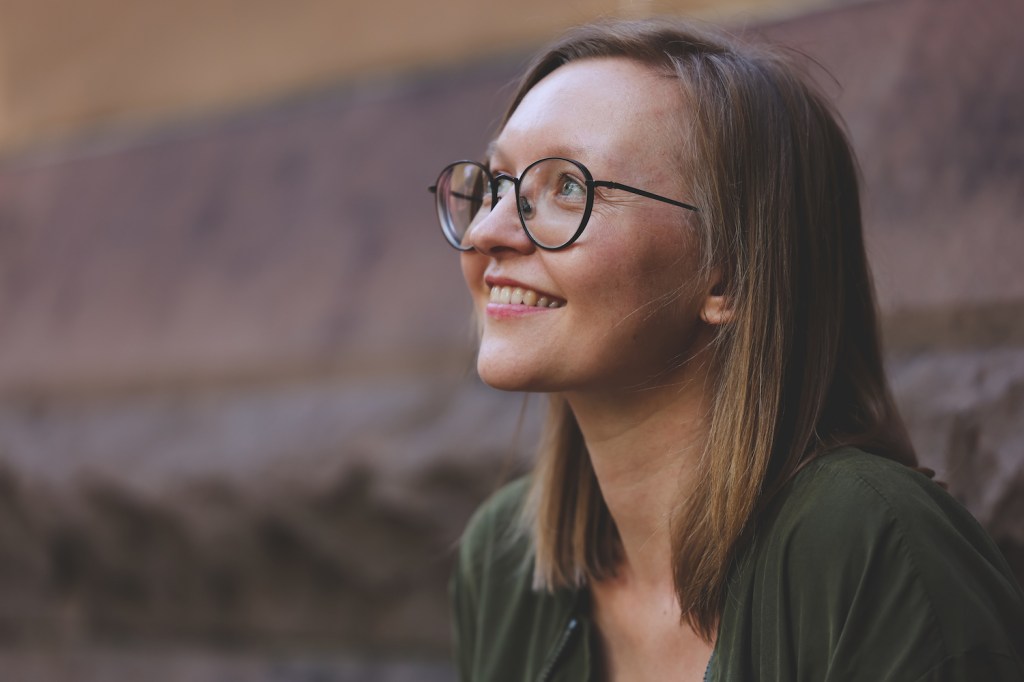
What have you been working on for the last 12 months?
I worked on several Australian shorts, an art-house film with a Polish visual artist, a wonderful AFTRS graduate documentary, and two Australian series (for Disney+ and Netflix). Throughout these experiences, I got to wear different hats, which is always exciting and keeps my ears fresh.
Why did you initially decide you wanted to work in sound?
In the last year of high school, I was trying to decide what I wanted to study. I didn’t have anything specific in mind, so it felt only rational to assess my skill set and go from there. Since I attended music school and was also quite proficient in maths, sound engineering seemed like a perfect fit. It wasn’t until I started my studies that I realised what film sound truly entailed. Once I fell in love with it, there was no turning back.
What’s the advice you wish you’d gotten when you were starting out?
Don’t ever be afraid to ask questions, and remember that at the end of the day, no matter how satisfying your work is, there is always life beyond it. Don’t underestimate it and reserve enough energy to take part in it.
What’s the biggest issue facing people in sound who are trying to cut their teeth in the Australian screen industry?
I believe one of the challenges is the saturation in the field and the limited number of projects. Many sound professionals, including myself, aspire to work in the feature film industry. However, the reality is that there are only so many projects available (with teams attached). Another obstacle is the network-centric nature of the industry. Building your network takes time and patience. Once you have established connections and found people you enjoy working with and feel rewarded by, try not to take them for granted.
Your best gig so far and why?
They’re all precious in different ways. I really can’t single out the best!
Any people who have championed your career you want to give a shout-out to?
To director Shelly Lauman for being open and trusting me with her brilliant short, the praises for which still reach me after many years, to Wes Chew and Luke Mynott for welcoming me into the Australian sound industry and inviting me to collaborate on a number of great projects, and to fellow ASSG members for fostering the sense of community and offering valuable feedback.
Last film/TV show that inspired you?
Everybody Loves Jeanne, inventive portrayal of the internal voice, great use of a realistic sound design that supports the main character’s emotional states. The Lost Flowers of Alice Hart, especially the use of sound symbolism in depicting the final moments and demise of June Hart. Asteroid City, beautifully immersive mix, exceptionally detailed off-screen soundscapes, hyper-realistic treatment of voices. Las Memorias Perdidas de los Árboles, hypnotising sound design and the “language” of trees..
Who would you love to work with in the future?
With filmmakers who value and are hungry for the storytelling power of sound.
As mentioned, we’d love to hear your suggestions for 2024 across the following categories:
Actors
Casting Directors
Cinematographers
Composers
Costume Designers
Directors
Editors
Hair and Makeup
Producers
Production Designers
Sound
VFX and Animation
Writers
Email: risingstars@if.com.au before November 3 COB. In your submission, please tell us why the industry should sit up and pay attention to this person’s body of work.
The full Rising Talent list for 2023 was:
Actors: Julia Savage, Markella Kavenagh, Tuuli Narkle, Shantae Barnes-Cowan, the ensemble cast of Heartbreak High
Cinematographers: Tyson Perkins, Kate Cornish, Maxx Corkindale, Edward Goldner, Sissy Reyes
Composers: Angela Little, Evelyn Ida Morris, Salliana Seven Campbell, Daniel O’Brien, Dmitri Golovko
Costume Designers: Emma Lamp, Olivia Simpson, Victoria Perry, Eryn Burnett-Blue, Genevieve Graham
Directors: Imogen McCluskey, Neil Sharma, Matt Vesely, Stef Smith, Kane Senes and Hannah Barlow
Editors: Lily Davis, Daniel Oates, Michelle McGilvray, Rishi Shukla, Isaac Coen Lindsay
Hair and Makeup: Aoife Murray, Rebecca Burrato, Karen Gower, Rebecca Allen, Samara Gildea
Producers: Bethany Bruce, Liam Heyen, Jessica Magro, Tsu Shan Chambers, Sarah Freeman
Production Designers: Marni Kornhauser, Wei Guo, Aisha Phillips, Jonah Booth-Remmers, Emma Bourke
Sound: Weronika Raźna, Adam Dixon-Galea, Xoe Baird, Marisa Marsionis, Rose Mackenzie-Peterson
VFX and animation: Alana Lennie, Matt Crump, Tessa Bright, Jordan McInnes, John Bastian and Ben Ward
Writers: Huna Amweero, Hannah Carroll Chapman, Gretel Vella, Josh Sambono, Jessica Tuckwell


